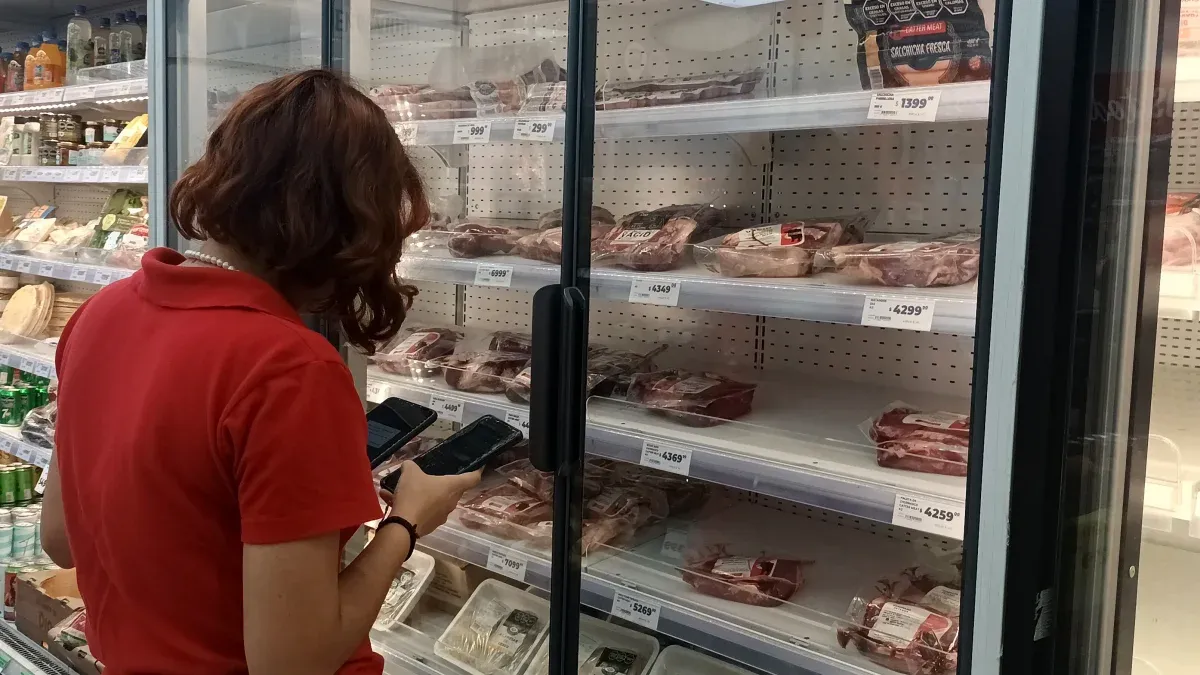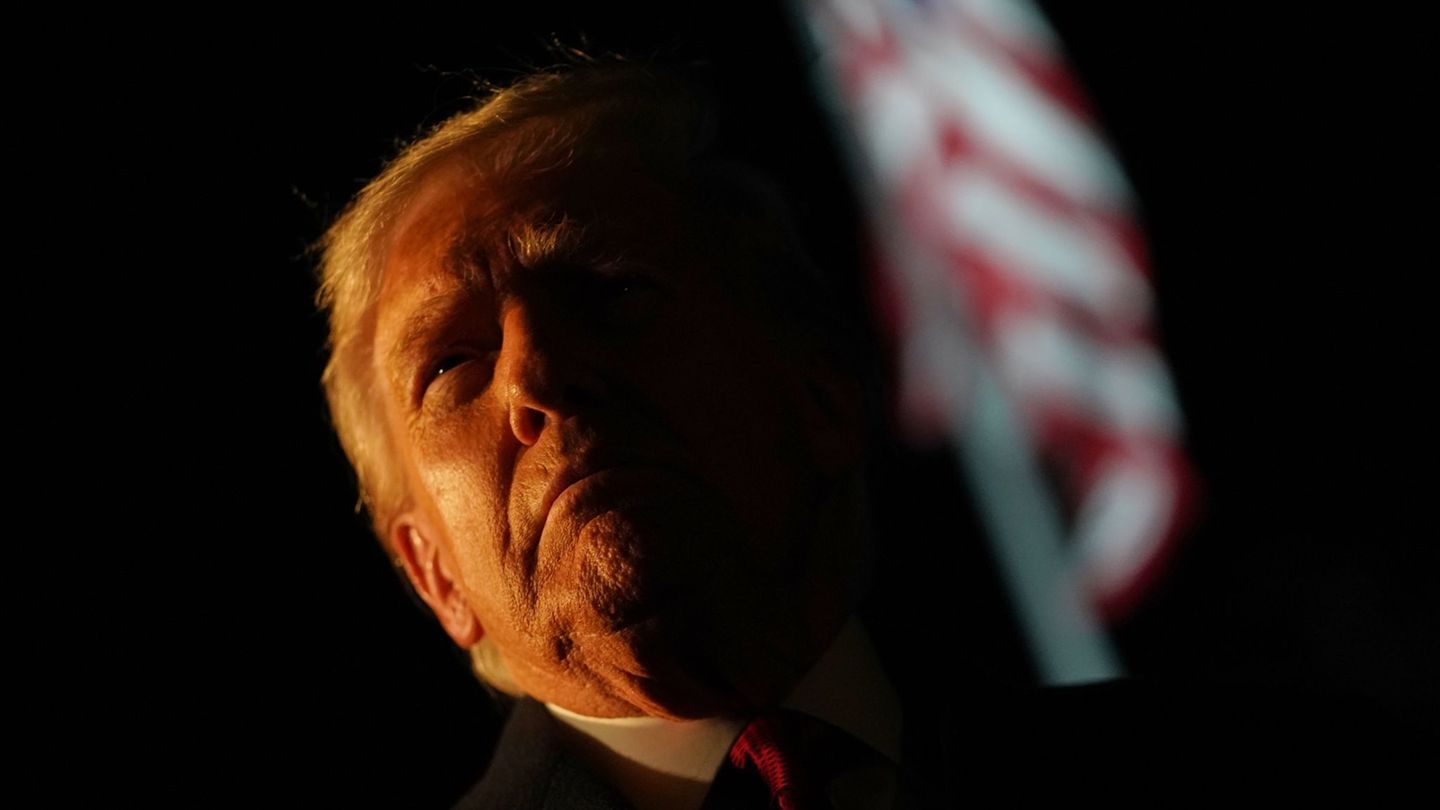The residence spokesperson, Manuel Adorniconfirmed that the Government is not going to intervene to control the prices Despite the high levels of inflation.
“We are not going to intervene in prices,” said the official in his usual press conference from Casa Rosada. When asked by a journalist about the increase in the meat, Adorni recognized that the country is going through “an inflationary process.”
“The inflation “It affects those who have the least,” he said while ensuring that “the Government is using all the tools at its disposal to take care of the most vulnerable.”
The rebranding continues and food accumulates 30.8% inflation in the last four weeks
The first week of January closed with inflation of 4.6 percent in food and drinks, according to a report released by the consulting firm LCG.
In this way, although it slowed down 2.6 percentage points compared to the previous week, the average increase was 30.8 percent in the last four weeks and 32.5% end to end in the same period.
Beyond the weekly slowdown, average inflation continues to accelerate and increased by 3.7 pp in the week, exceeding the 30.8% monthly average.
The study highlights that 9 of the 10 categories reflect monthly inflations greater than 20%, and 5 of them are above the monthly average and explain 68% of the total monthly variation.
Regarding 30.8%, the meat category explains a third of inflation, contributing 10.86%. Beverages and infusions with 4.71%, dairy and eggs with 4.56% and baked goods with 4.1%, complete the items that contributed and impacted the most in the last four weeks, which explains 78.66 percent of the inflation.
Meat: how the end of export restrictions will impact prices
The Government lifted the ban on exporting seven “popular” cuts of beefwhich was in force since January 2022, among which are the “ grillers“, As the roastthe vacuum, the skirt, the matambre and the roast tapa, in addition to the buttock and shoulder.
In this way, since January 1 The meat processing industry can export the so-called “preferred fresh, chilled or frozen cuts”, that were prohibited from being shipped abroad by Decree 911/2021.
This measure, analysts say, could “stress” the price of meat even more in the domestic market. Not a minor fact, if one takes into account its incidence within the basic basket and that during 2023, according to different private surveys, the different cuts of beef increased above the level of general inflation.
Source: Ambito




